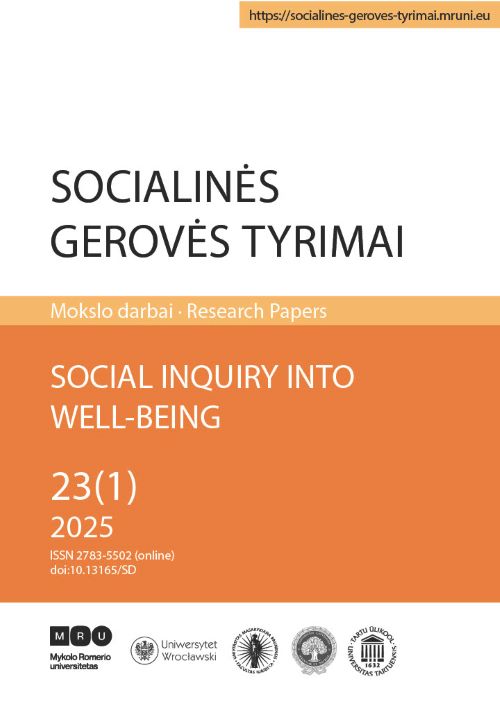‘IN NUMBER THERE IS STRENGTH’: MULTI-AGENCY COLLABORATIVE STRATEGIES FOR COMBATING ONLINE SEXUAL ABUSE AND EXPLOITATION OF CHILDREN (OSAEC) IN CAGAYAN DE ORO CITY, PHILIPPINES
##plugins.themes.bootstrap3.article.main##
Abstract
This research investigates the collaborative strategy response to online sexual abuse and exploitation of children (OSAEC) in Cagayan de Oro City, Philippines, a recognised hotspot for OSAEC in the Philippines. The study aims to delineate the administrative mechanisms employed by the City’s anti-OSAEC committee, assess the awareness of OSAEC and collaborative efforts of its members, and identify the challenges and facilitators regarding prosecution, protection and prevention strategies against OSAEC. Utilising a mixed methods research design, the study incorporated a rigorously validated survey questionnaire that had undergone content and expert validity assessments. Participants included 45 members of the City Council for the Protection of Children (CCPC), representing various government agencies, non-governmental organisations (NGOs) and civil society groups. The findings indicated that the CCPC operates within a comprehensive child protection framework, addressing OSAEC as part of broader child welfare initiatives. Committee members demonstrated a high level of awareness regarding the nature and characteristics of OSAEC, alongside their roles and responsibilities. And findings revealed that their committee is in “coordination level” in terms of OSAEC prevention, protection, and prosecution. The study identified some major challenges, including the complexity of rescue operations, the anonymity of perpetrators and insufficient resources for public awareness campaigns. Conversely, factors such as active involvement of NGOs, dedicated committee members and ongoing improvements in referral pathways emerged as facilitators enhancing the city’s response to OSAEC. This research offers critical insights into the collaborative governance approach taken to combating OSAEC, illuminating strengths and areas for improvement within the city’s response mechanisms. The findings are intended to inform policy recommendations and best practices for bolstering child protection efforts in urban and rural contexts facing similar challenges.
Keywords: OSAEC; collaboration; child protection; anti-OSAEC committee; prevention, protection and prosecution.
##plugins.themes.bootstrap3.article.details##
Mykolas Romeris University retains copyright ownership and publishing rights. Authors contributing to Social Inquiry into Well-Being agree to publish their articles under a Creative Commons Attribution 4.0 International Public (CC BY) License.![]()


 https://orcid.org/0000-0001-9769-4341
https://orcid.org/0000-0001-9769-4341





